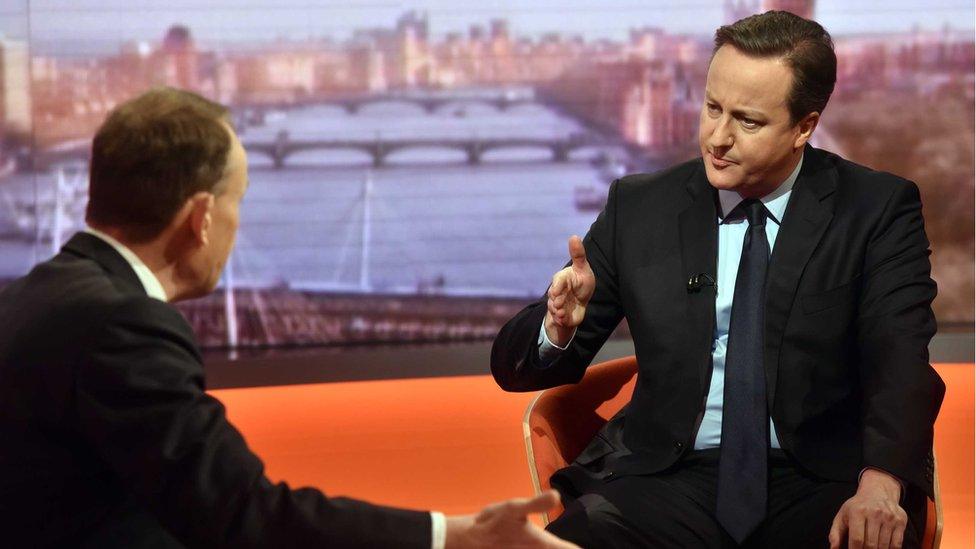EU referendum: Benefit brake plan 'could boost migration'
- Published
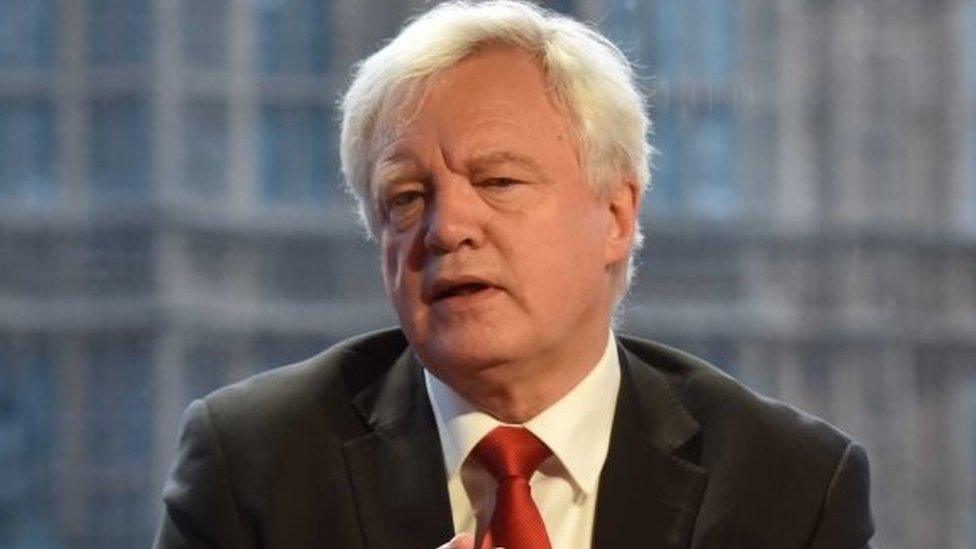
David Davis is leading Tory criticism of David Cameron's EU deal
David Cameron's EU benefit plans could cause a surge in migration before the "emergency brake" is applied, the PM has been warned.
Tory MP David Davis said news of the proposed in-work benefits ban could encourage workers to head to the UK.
Sir Eric Pickles, a Eurosceptic who supports Mr Cameron's reform proposals, said action had to be taken to prevent a "new influx" of migrants.
The ban has to be agreed by all EU nations at a summit on 18 February.
It will be graduated, so that the longer migrant workers stay in the UK, the more in-work benefits, such as tax credits, they will be entitled to, in order to top-up their wages.
EU referendum: PM faces grassroots anger over EU vote
Mr Cameron says the move will "make a difference" to high levels of immigration by reducing a "pull factor".
But it will have to be agreed by member states, as part of a wider package of reforms to Britain's relationship with the EU, and will only apply for a temporary period as an "emergency brake".
If Mr Cameron can get a deal on his reform package in two weeks' time at the Brussels summit he is expected to call a referendum on Britain's membership of the EU in June.
'Beat the deadline'
David Davis, a former Tory leadership contender and leading Eurosceptic, said eastern European newspapers had carried numerous stories about the plan to terminate in-work benefits for the first four years after a migrant's arrival in the UK.
At the same time, he said, Brussels has suggested the scheme could take 12 months to implement.
"Under such circumstances the incentive for anybody wishing to come to live in the UK will be to come as quickly as possible to beat the deadline when any such restrictions come into effect," he said.
"Accordingly we are likely to see a surge in migrants in the next 12 months."
Mr Cameron has suggested the "emergency brake" could come into effect within three months of the UK applying for it.
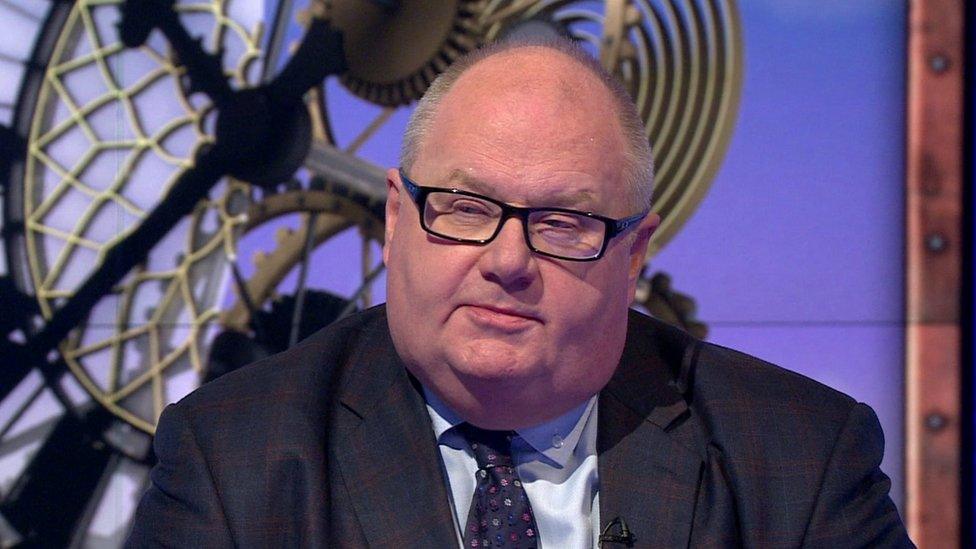
Sir Eric Pickles is backing David Cameron's reforms
Eric Pickles defended Mr Cameron's reform deal, on the BBC's Sunday Politics, saying: "What we need to be clear is, we're not trying to prevent people moving inside the European Union."
The reforms were instead aimed at preventing people gaining "something for nothing" by claiming UK benefits before contributing anything in tax.
But Sir Eric. a Conservative former cabinet minister, said action was needed to prevent a surge of migrants: "Clearly as part of the negotiations we have to ensure that that doesn't happen."
Johnson 'never an outer'
Meanwhile, speculation is continuing about whether a big cabinet name will lead the campaign to take Britain out of the EU.
The Mail on Sunday, external said Boris Johnson, who has previously said Britain could prosper outside the EU and suggested Mr Cameron's deal needed more work, has told a fellow Tory MP he had "never been an 'outer'".
Bernard Jenkin, a leading member of Vote Leave, told the newspaper: "He is genuinely torn but I hope he will change his mind because he is one of the few who understands that if we stay in, Britain will be in a weaker position than ever before."
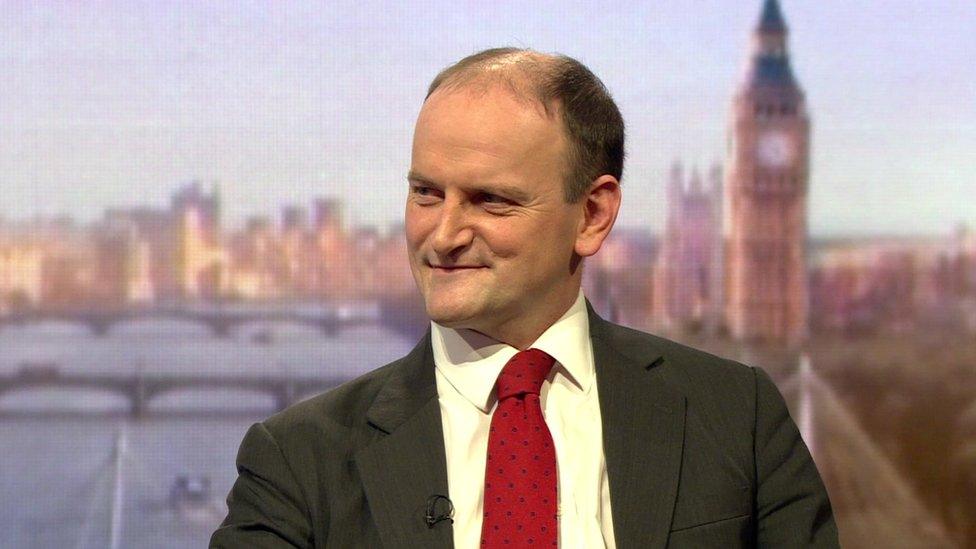
UKIP MP Douglas Carswell wants an 'internationalist' exit campaign
Other potential Tory "outers" include Justice Secretary Michael Gove and Employment Minister Priti Patel, who have said they will make their position clear when they have seen the final deal.
Work and Pensions Secretary Iain Duncan Smith, who according to the Mail on Sunday has described the deal to friends as a "load of rubbish" which would be challenged in the European courts, is also refusing to comment publicly until the deal is finalised.
'One happy family'
UKIP MP Douglas Carswell told the BBC's Andrew Marr programme it "would be wonderful" to have a Eurosceptic cabinet minister fronting the exit campaign but it would welcome anyone who wants to join it.
He refused to enter into the war of words between the rival groups vying to be designated as the official Leave campaign, but ruled out a merger between them saying they had fundamental differences.
He said Leave.EU, which is backed by UKIP donor Arron Banks, wanted to focus on "identity and immigration," while Vote Leave, which he supports, wants to put forward an "optimistic, upbeat internationalist message".
A third group, Grassroots Out (GO), which was founded by two Conservative MPs and is backed by UKIP leader Nigel Farage and Mr Banks, has said it is exploring whether it has enough cross-party support to make a bid to be the official Leave campaign.
One of its founders, Peter Bone, told the Sunday Politics there were 42 different Eurosceptic groups working together under the cross-party GO "umbrella," and it was possible for them all to to operate as "one happy family".
- Published7 February 2016
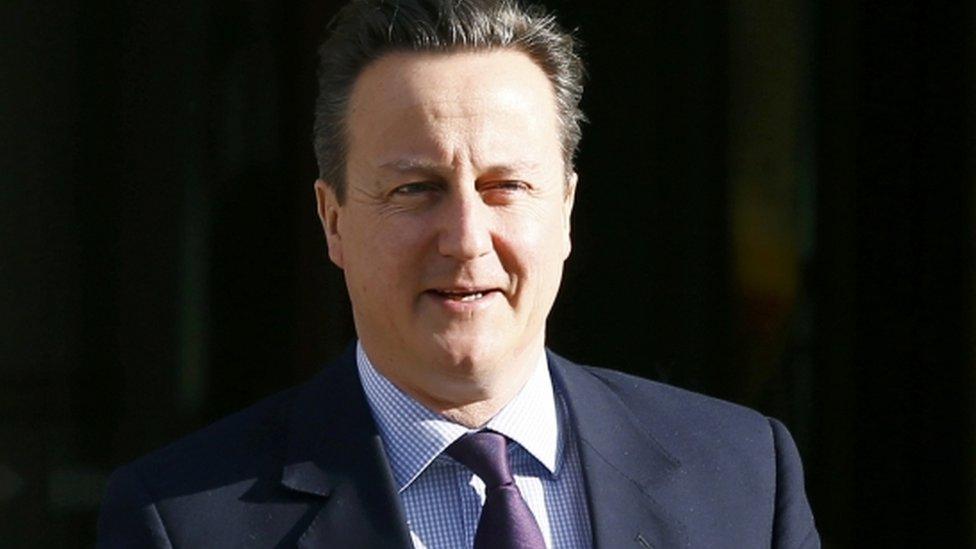
- Published5 February 2016
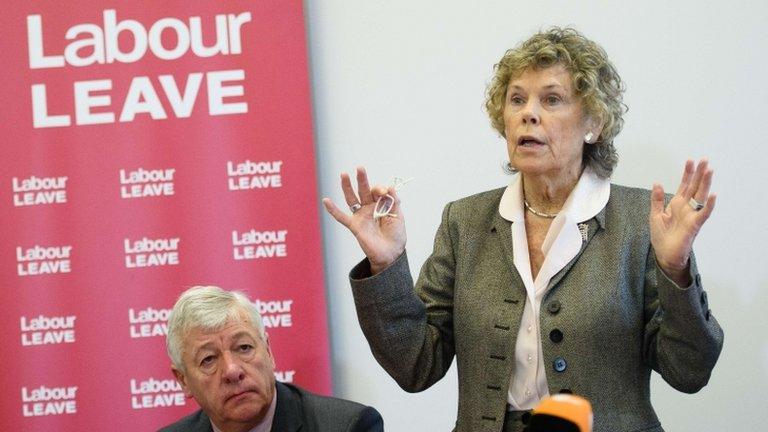
- Published4 February 2016
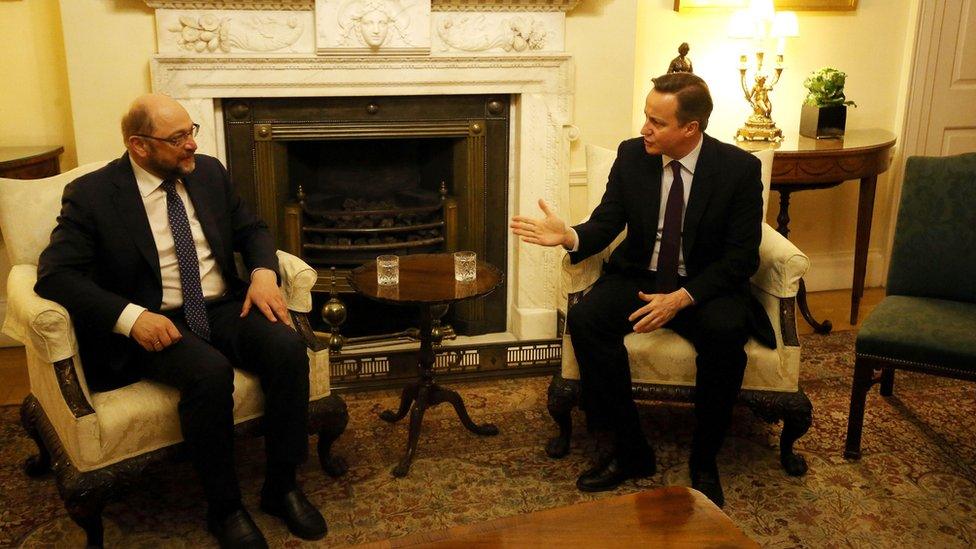
- Published4 February 2016
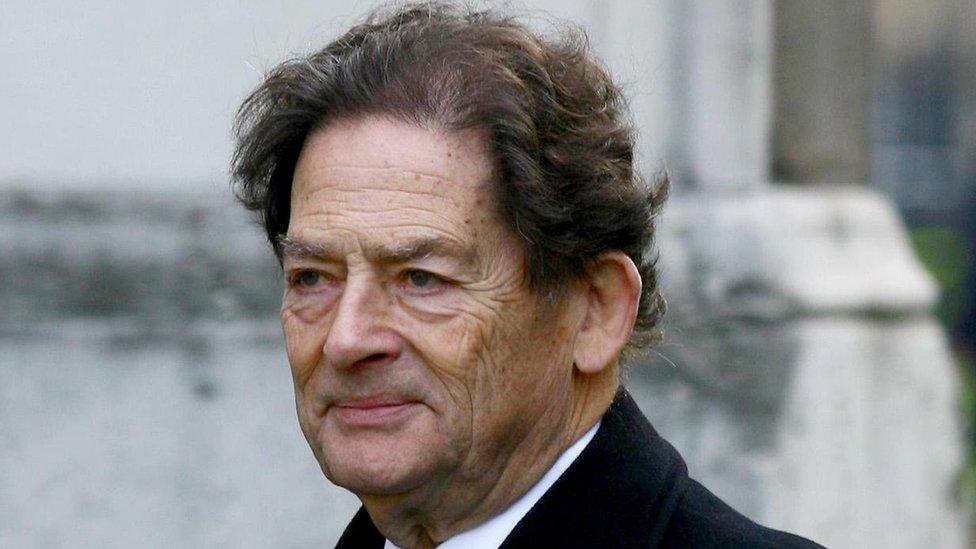
- Published2 February 2016
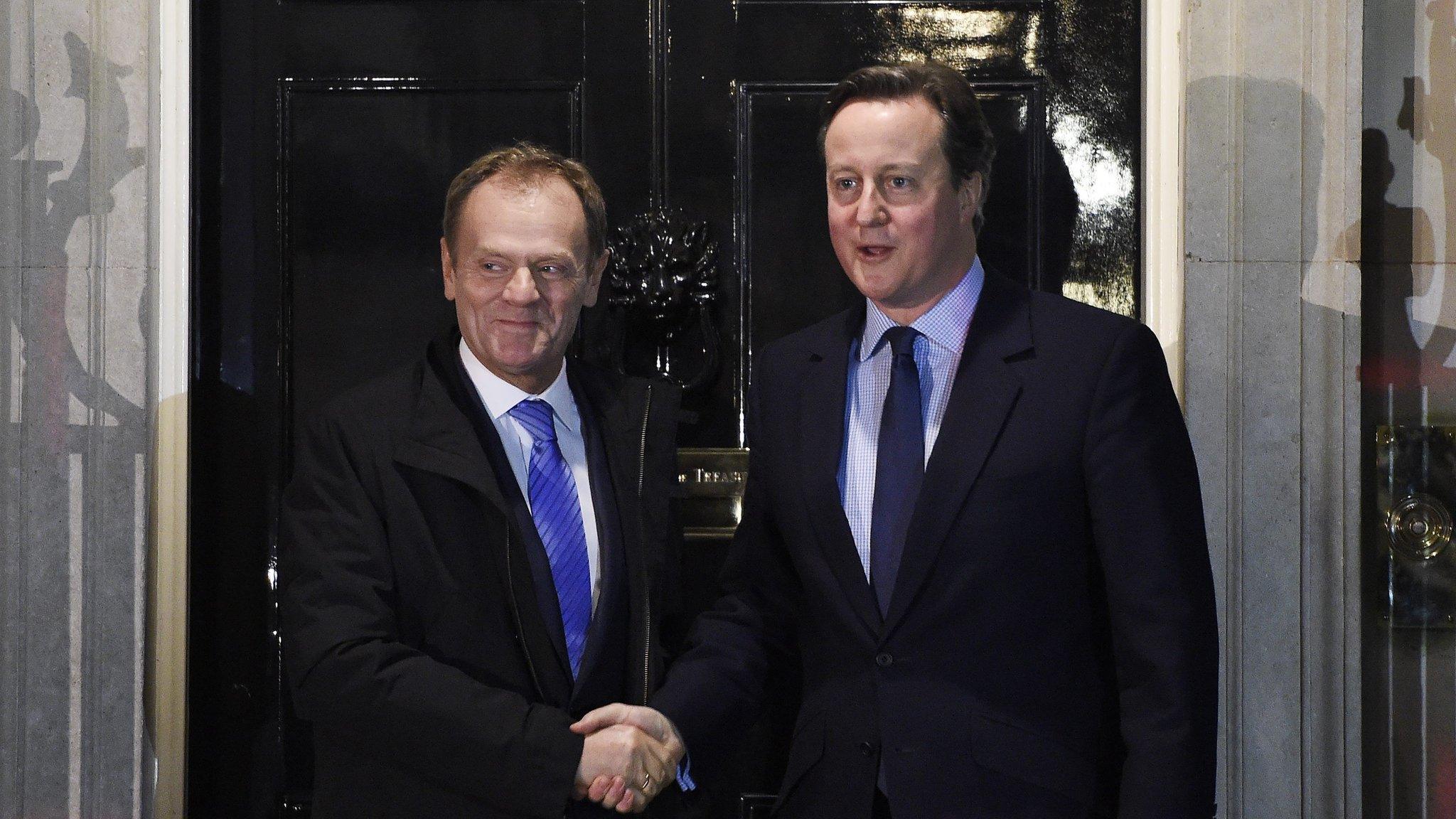
- Published10 January 2016
